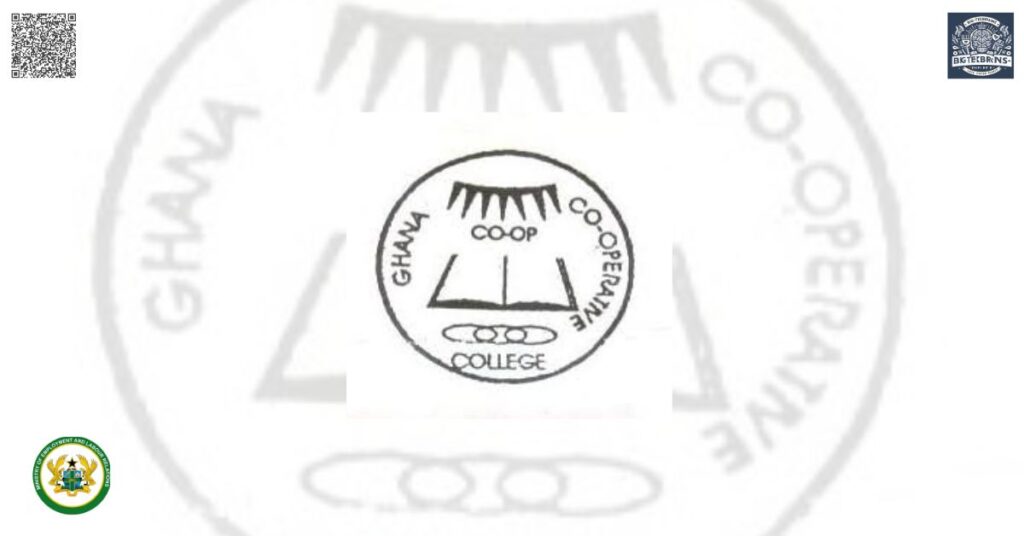Excerpt
The Ghana Co-operative College (GCCo) stands as a pivotal institution in Ghana’s cooperative movement, dedicated to the education and development of cooperative leaders and members.
Historical Background
Established in 1971 through a collaboration between the Department of Co-operatives and the Ghana Co-operatives Council, with technical assistance from the British government, the GCCo has been instrumental in training over 7,647 cooperative and private managers, accountants, and other professionals. Many of its alumni have secured positions in banks, credit unions, and various institutions across the country.
Mandate
The primary mandate of the GCCo is to facilitate the emergence of well-managed and vibrant cooperatives. This is achieved by providing cooperative education, promoting best business practices, and conducting research into cooperative activities. The institution also offers training to private students, enhancing their employment prospects.
Organizational Structure and Leadership
While specific details about the GCCo’s internal organizational structure and leadership hierarchy are limited, it operates under the broader framework of the Ministry of Employment and Labour Relations (MELR). The MELR is managed by a political head (the Minister), supported by a Deputy Minister and a Chief Director. The Chief Director carries out responsibilities with the support of four line directorates, nine units, three civil service departments, and ten sub-vented agencies.
Mode of Appointment or Recruitment
Information regarding the specific recruitment processes of the GCCo is not readily available. However, as a public institution under the MELR, its recruitment and appointment procedures are likely aligned with the public service regulations of Ghana.
Collaborations and Partnerships
The GCCo collaborates with various national and international institutions to enhance its training programs. It has sister international institutions worldwide that offer admissions to its applicants, thereby broadening the educational opportunities for its students.
Constitutional Reforms
- The cooperative sector in Ghana has undergone various legislative changes to enhance its operations. The Ghana Co-operatives Council (GCC), for instance, was re-registered in 1973 to promote and develop cooperatives and other self-help organizations on a sustainable basis.
- Additionally, there have been efforts to review and update cooperative laws to address contemporary challenges and promote cooperative development.
Achievements
Since its inception, the GCCo has made significant contributions to Ghana’s cooperative movement. By training thousands of professionals, it has strengthened the human resource base of cooperatives, leading to better management and operational efficiency. Its alumni have played crucial roles in various sectors, notably in banking and credit unions, thereby contributing to the nation’s economic development.
References
- https://melr.gov.gh/4/15/8/16/ghana-co-operative-college-%28gcco%29
- https://ndpc.gov.gh/media/MIinistry_of_Employment_and_Labour_Relations_APR_2017.pdf
- https://ghanacooperativescouncil.com/company-overview/company-history/
- https://coops4dev.coop/sites/default/files/2019-10/Ghana%20Legal%20Framework%20Analysis%20Report_1.pdf
- https://www.melr.gov.gh/6/files/publications/7/8/9/27/files/publications/files/publications/files/4/15/8/16/ghana-co-operative-college-%28gcco%29
- https://ndpc.gov.gh/media/MIinistry_of_Employment_and_Labour_Relations_APR_2017.pdf
- https://www.ghana.gov.gh/mdas/d0bf6e4425/
